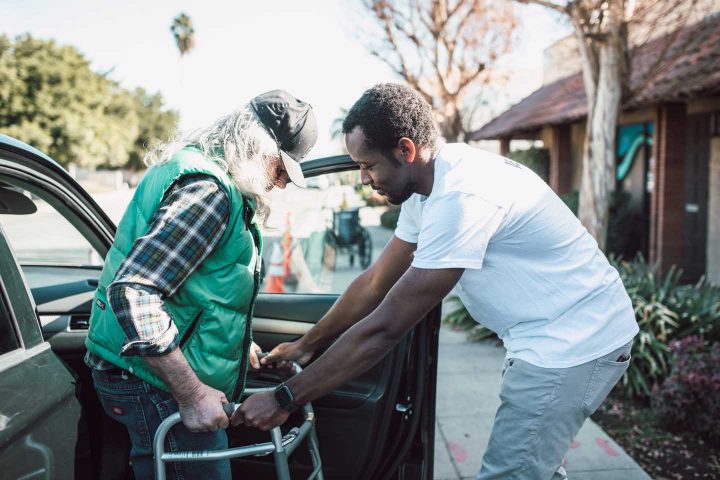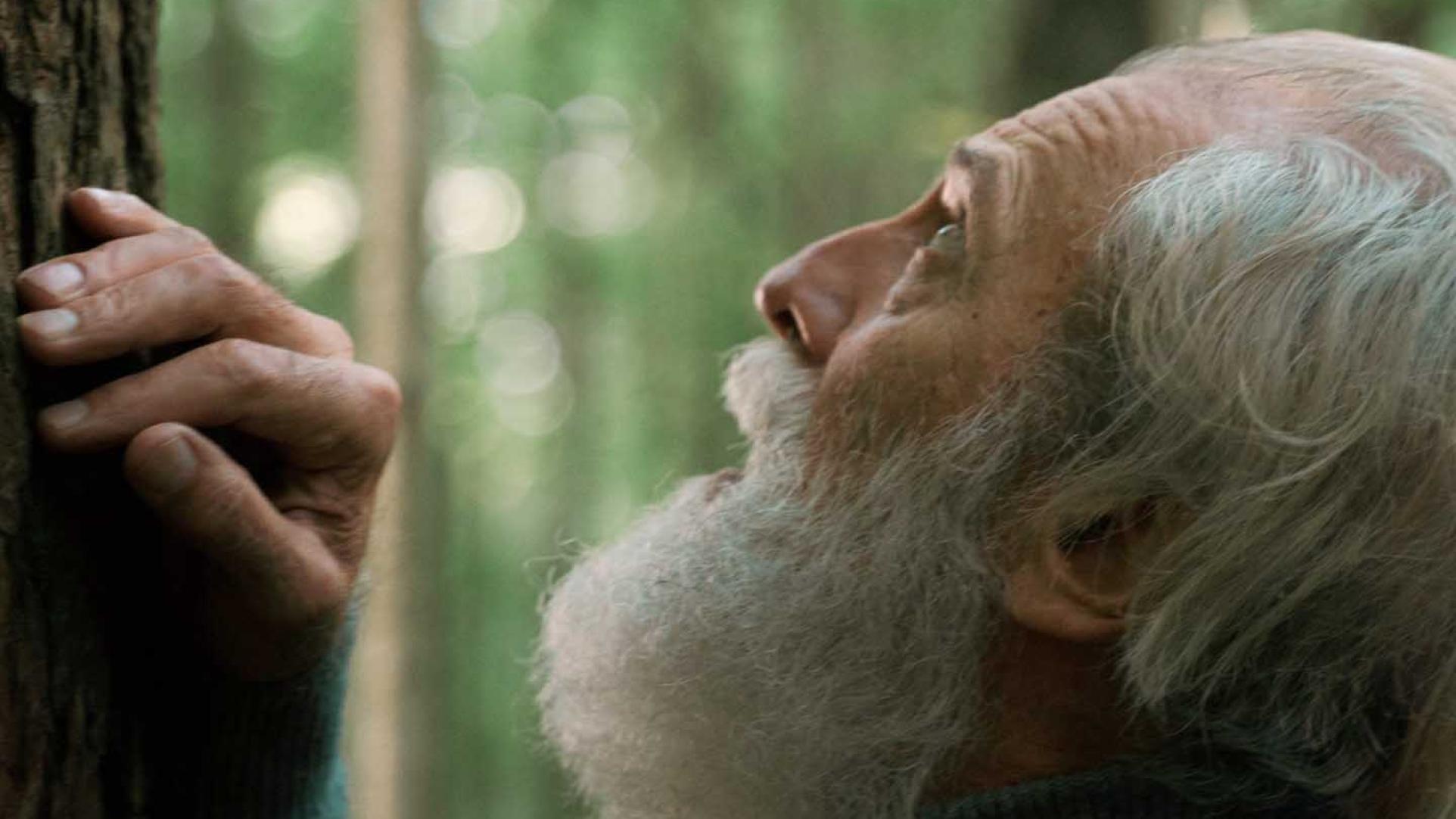1875 – 1997, that is the lifetime of the oldest woman in recent times, Jeanne Calment from France. She lived 44,724 days or more than 122 years. At 100 she was still cycling. According to her statement, she didn’t do anything special to get that old. So it’s the genes after all?
Aging research says that genes only account for about 1/5 of whether someone reaches a high age. Of course, there are long-lived families. On the other hand, some families simply tend to accumulate certain illnesses. Mankind has always struggled with the travails of aging and the ailments of old age.
Meanwhile, the anti-aging wave, the cult of eternal youth, has almost become a substitute religion. The business with anti-wrinkle creams, dietary supplements and special sports equipment to combat aging is booming. Most people want a long, fresh life and a healthy, fit body. Doctors and genetic researchers claim to open the gates to longevity. Just it is almost forgotten that it is in everyone’s hands, at least to a large extent, how one ages and how one spends his final years.
Not everyone is content about aging. But it is a losing battle to resist it. Aging is an inevitable part of our lives. It actually begins at conception and occurs at the cellular level. Our body cells are constantly dividing. And mistakes happen all the time. The free radicals that are produced during metabolic processes in our own body and as a result of environmental influences also damage our cells. Thankfully, our creator also included a repair system. But this also works worse and worse, as the cells have to divide more often. Mistakes in the genes accumulate. The aging process continues. We know the consequences: Poor memory, slower digestion, poorer enzyme system, balance disorders, stiff joints, insecurity in walking, and much more.

Fighting a Losing Battle?
Is the battle already lost before we start? Ultimately yes, and considering all the misery around us it may be a great blessing that we do not have to live forever. But how we age and how we face that process is, to a large extent, in our own hands. Even if things don’t go the way we would like and illnesses are part of our lives. Ultimately, we all die, since we can hardly cope with the approximately 70,000 DNA damages per day that our repair system has to eliminate. Our enzyme system against free radicals isn’t always victorious either, and our stem cells can’t repair everything either.
Can we then live better and longer with help from the laboratory? Is it the supplements? Spermidine? The glass of red wine? Or dinner canceling? There are always new success stories. But be careful: the resveratrol from red wine also protects cancer cells, and certain dietary supplements also nourish unwanted blackheads. So, is it all useless?
Anti-Aging Agents
The advertising of many miracle cures promises us almost eternal youth. Many are too lazy or believe they don’t have time to do something for their health and want to do it the quick way. Anti-aging agents are not intended to heal illnesses, but to alleviate the symptoms of old age, to help the sensory organs get going again, and to make wrinkles disappear. Associations for Consumer Information in various countries have examined such preparations and not given them good marks. No studies were found for any of the products that confirmed the life-prolonging active ingredients. The more euphoric the advertising is, the more skeptical one should be.
Many substances that have been tested in laboratories cannot simply be transferred to humans. Side effects cannot be ruled out for many preparations. Too many vitamins or minerals, for example, can be harmful. The collagen in many anti-wrinkle products can trigger allergies. Many supplements are marketed over the internet along with promising testimonials. But according to consumer associations, you can neither achieve physical fitness nor reduced susceptibility to illnesses nor organic improvements with such preparations. So, another lost battle?

Island of Centenarians
On Okinawa, 50% of the people live to be a hundred years old. Of these, 90% are women. Actually, some genes have been found that are favorable to reaching a higher age. But some amazing lifestyle habits were found as well. For example, these women eat mostly fruit and vegetables. They still do their garden for themselves, and centenaries still sit behind a cash register in the supermarket or wipe the floors. These are extremely healthy occupations. They also say: “We only eat so much that we could eat some more to be full.” “Hara Hachi Bu” is what they call their habit that we know as dinner canceling, sometimes forgoing dinner. The women also lead an exemplary social life. They pay close attention to each other. If the blinds at the neighbors are still down at nine o’clock, they check on how she’s doing. This is followed by a chat with her and the offer to help if needed. The brain is also constantly trained. They participate in everything and with everyone.
Love
An Australian study shows that people who maintain close friendships live longer and age more comfortably. Loving is not just about having sex, even though it is beneficial for slower aging. Loving is simply being there for the other, caring for them. That distracts you a lot from your own ailments and makes you happier and more satisfied.
Running Around
Running around does not mean jogging, but simply making movement, targeted movement, and not just house and garden work, even though this is beneficial. Jogging in old age could damage joints. But daily exercise, walks, and light gymnastics help our immune system to cope with inflammation. And it is exactly those inflammations that many age-related ailments, such as rheumatism and the like, can be traced back to. We can literally outrun them. Exercise lowers the concentration of inflammatory substances in the blood.

Call to Action: Learn
Lifelong learning has become a buzzword of our time. Our youth grow up with it. In the old days, you had a job for your life. Today you are constantly challenged to learn something new. This should also continue beyond retirement. Anyone who remains mentally and spiritually fit ages very differently than someone who is no longer interested in anything. I admire every old person who — often with the help of their grandchildren — knows their way around computers and is touching base with the grandchildren overseas via chat or Skype. Crossword puzzles and Sudoko, reading good books and putting together jigsaw puzzles also help to stay mentally fit. It is not the TV pictures that stimulate our minds, but the knowledge we have actively acquired ourselves. When I deal with a problem myself, it stimulates my mind.
Those who remain physically and mentally fit deal with aging in a completely different way. We can accept it and embrace the change. Advancements in research and medicine are certainly sensational. Anti-aging treatments are though still a speculative field. How we grow old is still in our own hands.
The above was originally published at Abundant Health.




